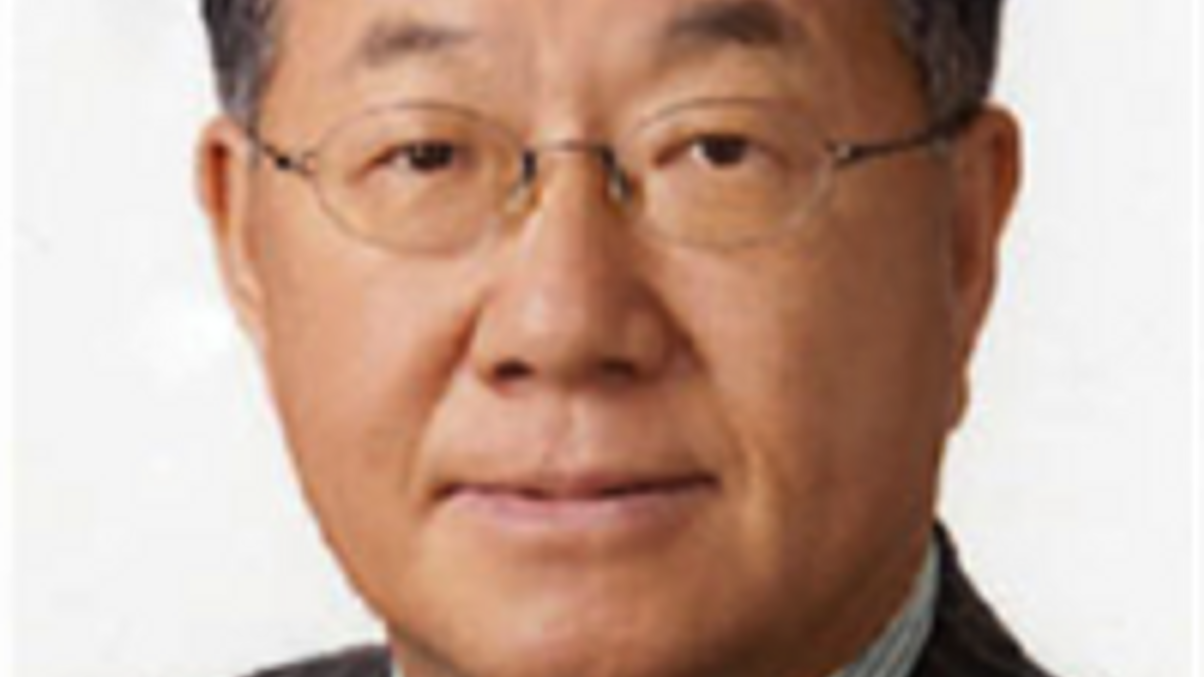Ex-KIC chief accused of improper conduct: reports
‘Hank’ Ahn Hong-chul, chairman and chief executive of Korea Investment Corporation, may have quit due to a report alleging improper conduct, according to local media.

The chairman and chief executive of Korea's $85 billion sovereign wealth fund, ‘Hank’ Ahn Hong-chul, may have resigned on November 6 to avoid facing disciplinary action for improper conduct, according to local media.
Sign in to read on!
Registered users get 2 free articles in 30 days.
Subscribers have full unlimited access to AsianInvestor
Not signed up? New users get 2 free articles per month, plus a 7-day unlimited free trial.
¬ Haymarket Media Limited. All rights reserved.


